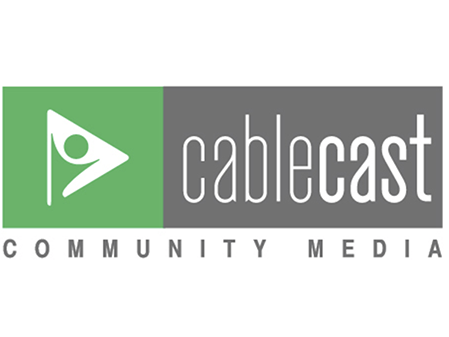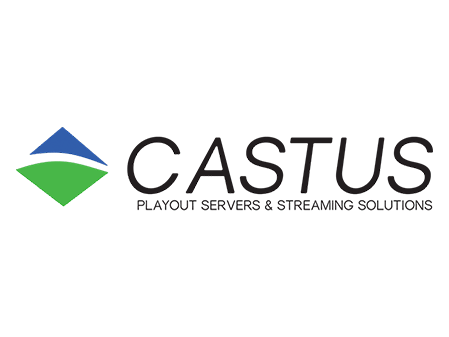Vernon Communications Cooperative is based in Westby.
Whether you’re a native of the area or a newcomer, the residents of Vernon County love to live around the beautiful hills and valleys and the rural landscapes that make this Driftless area special. Unfortunately, this beauty has proved to be a formidable obstacle for telecommunications. First there was the struggle for phone service, then cable television, and now broadband. But the people here have never settled for being disconnected from each other, or from their communities, or from the world at large. They’ve always known that connectivity is essential if you are going to participate in a modern economy. In 1951 when the “business case” could not be made to attract a for-profit telephone service to the area, a group of farmers formed Vernon Telephone Cooperative with grant assistance from the Rural Electrification Act. Today, it’s been renamed Vernon Communications Cooperative, because it now offers telephone, broadband, video service, and community television.
As a cooperative, Vernon Communications is owned by its members -- the subscribers to its services – and governed by a board elected by its members. All profits called “capital credits” are returned to members. The board can reinvest in the system or return its profits to members if it is in their interest. In recent years, the board determined that a larger membership base would be needed to help keep prices down in the face of rising equipment costs and cable program service fees. Vernon Communications wanted to expand.
In the 2021 – 2023 Wisconsin Biennial Budget, the State of Wisconsin set aside $100 million to fund grants to expand broadband to unserved and underserved areas. This in addition to federal funding through the American Rescue Plan Act (ARPA) and more from the federal Infrastructure Act. Vernon received a federal ARPA grant to build “fiber to the premises” that will reach 50 businesses and nearly 1,000 homes in Crawford County. With a Wisconsin Broadband Grant, which the co-op applied for jointly with Monroe County, fiber is being extended to more than 200 businesses and over a thousand homes in Monroe County. Both projects will create a larger potential base of members. All subscribers receive speeds of 50 Mbps up and 50 Mbps down. This is far faster than the FCC minimum standard for broadband, which is 25 Mbps down and 3 Mbps up.
Reggie Nelson
“Fiber is the new lifeline,” said Reggie Nelson, Network Engineer with Vernon Communications Co-op. “But there are plenty of people who don’t have access to high-speed broadband in this area. People want to be able to view videos and work from home. Many of them need high-speed connectivity to send large files like CAD drawing files and to conduct Zoom meetings.”
When Covid hit, the co-op stepped in to make sure online school was accessible to all their members. Nelson said, “There were a few low-income members with children who did not subscribe to the Internet, and they needed it, so we found a way to turn it on for them until the school district found the funding to pay for it. We didn’t want to see anyone left behind.” This kind of community spirit is one of the things that keeps Nelson inspired at work. “It’s the community involvement that keeps me here. All of us serve people that we see on a daily basis,” he said. “We run into them in grocery store aisles, or at events and fundraisers. We want to be a valuable member of our community.”
As a small company offering video service, Vernon Communications would not have the clout to negotiate reasonable prices for program services like the Discovery Channel and HBO. Years ago, small cable operators got together and formed an organization called NCTC, (formerly the National Cable Television Cooperative, now called the National Content & Technology Cooperative). NCTC negotiates contracts with program providers on behalf of its members.
Vernon Communications Co-op launched the Community Channels in 2007. During Covid the use of these channels really took off. Currently there are 23 churches putting services on our channel 15. “Volunteers take the time to record the services and Vernon Communications gets them on the local channel.
“We’re very community-driven here at Vernon,” said Nelson. The channel is open to program ideas from the community and welcomes resident-produced programs. Jane Schmidt produces a very popular daily fitness class. “If the channel goes out, people call,” said Nelson. Dan Small of Dan Small Outdoors lives in the area and produced a show about fishing on Otter Creek. The ski jump competitions at Snowflake Ski Jump near Westby are also a popular video subject. Sometimes when a viewer tunes in, they just see the live tower shot of Vernon County. “Some people use it like a weather report,” said Nelson. “Sometimes you’ll see the snow coming down, other times it's a shot of blue sky and green trees.”
Each of the six school districts in Vernon’s territory has a channel. You can click through them on channels 2 through 7. Some schools program their channels with fresh content daily, others use it for daily announcements, sports and school activities, while others use it to promote fundraisers. The Westby School District produced a Veterans Day Program. LaFarge Forest School specializes in outdoor programs for its students in grades 4K through 2nd grade. Much of its programming is recorded in the Kickapoo Valley Reserve, a very unique area. High school sports coverage is very popular along with other school activities throughout the year.
Working at Vernon Communications for the last twenty years has enabled Nelson to play a part in the telecommunications history of the Driftless Area that has always seen hard work, cooperation and community pay off. “In my work here, we are bringing the benefits of high-speed fiber to this area of the state. It’s bringing good jobs to the area and it feels great to be a part of that,” Nelson said.











